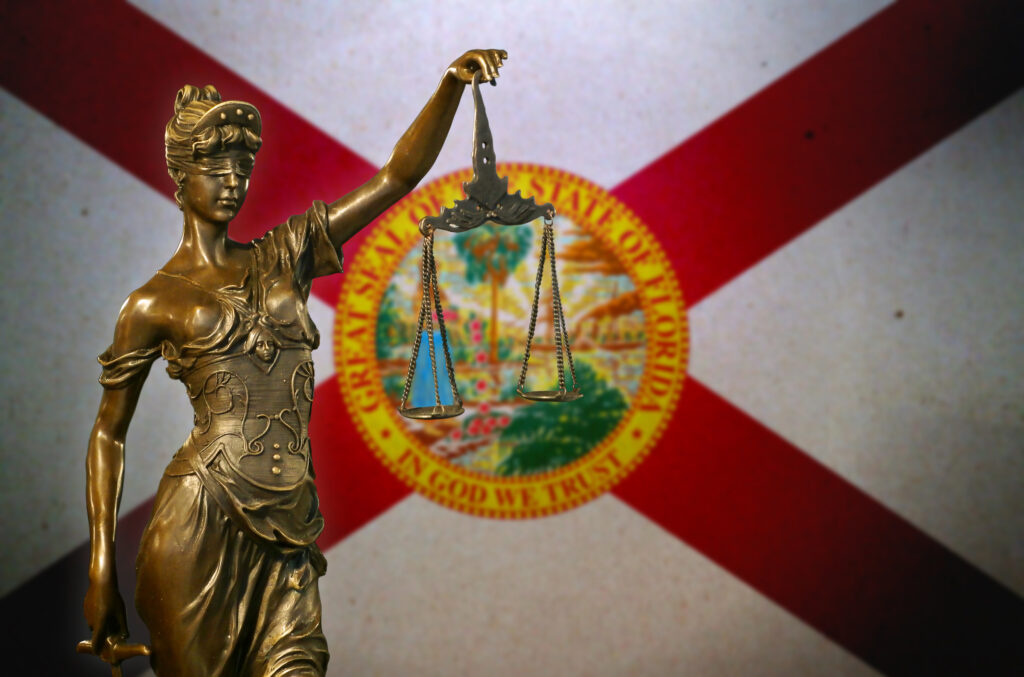A new national poll released by the U.S. Chamber of Commerce Institute for Legal Reform shows strong bipartisan support for disclosing third party litigation funding (TPLF) in civil lawsuits. TPLF is a multi-billion-dollar global industry that allows hedge funds and outside financiers to secretly invest in lawsuits in exchange for a percentage of any settlement or award. Often defendants, judges, and sometimes even the plaintiffs do not know who is funding or controlling a lawsuit because there is no uniform requirement to disclose either the presence of litigation funding or its underlying agreement.
The poll, conducted for ILR by Echelon Insights, shows 79 percent of likely voters believe third party litigation funders should have to disclose their involvement to all parties in a lawsuit and the judge. In addition, there is strong support across party lines: 79 percent of both Republican and Democrat likely voters, as well as 81 percent of Independent likely voters, believe funders should have to disclose their involvement to all parties and the judge.
Recent developments bringing the secretive world of TPLF out of the shadows and into the headlines outline why disclosure is necessary. Take, for example, the shocking allegations against one of the largest international litigation funders by a U.S. food distributor that is currently engaged in antitrust litigation against various meat producers. The food distributor tried to settle a number of the lawsuits it had filed against various defendants, but the funder objected and even went so far as to obtain a temporary restraining order to prohibit settlements without its permission. The food distributor also claims that its own outside lawyer was secretly working with the funder because the lawyer’s contingency fee would increase if the litigation continued and settled for a higher dollar amount.
Recognizing the need for TPLF transparency, some judges are taking action to require disclosure of TPLF in a few federal district courts, like in Delaware and New Jersey. In Delaware, Chief Judge of the U.S. District Court for the District of Delaware, Colm Connolly, last year issued a two-page standing order requiring the disclosure of TPLF agreements in cases to which he is assigned. Judge Connolly presides over one of the busiest venues for patent litigation in the country, and in the months since his TPLF disclosure order, plaintiffs’ lawyers have been pulling their cases that are investigated by the judge out of Delaware, according to a recent Wall Street Journal article. Judge Connolly’s order is modeled after the U.S. District Court for the District of New Jersey’s 2021 rule requiring the disclosure of funding.
State lawmakers in Montana and Louisiana are also working on TPLF disclosure requirements. Montana Gov. Greg Gianforte just signed SB 269 into law, which, among other things, will require the disclosure of TPLF agreements in all civil cases heard in Montana state courts. Both of Montana’s legislative chambers unanimously voted in favor of the bill. In Louisiana, the state Senate recently passed SB 196, which would require the disclosure of TPLF agreements in cases before Louisiana courts. The bill now heads to the Louisiana House of Representatives for its consideration.
There is also growing concern that the opaque nature of the litigation funding industry could affect U.S. national security. A recent ILR paper, ILR Briefly: A New Threat: The National Security Risk of Third Party Litigation Funding, found that large volumes of foreign-sourced money could be pouring into U.S. litigation against American companies, allowing a foreign government to advance its strategic interests against the U.S. through litigation. While the federal government has taken action to limit foreign access to U.S. technology, there is no measure currently in place to prevent foreign adversaries from using TPLF to circumvent existing safeguards.
Without commonsense transparency measures, litigation funding will operate unchecked as a lucrative and expanding business model. For more information, check out ILR’s webpage about TPLF.
View PDF


